July 28, 2025 | 16:37 GMT +7
July 28, 2025 | 16:37 GMT +7
Hotline: 0913.378.918
July 28, 2025 | 16:37 GMT +7
Hotline: 0913.378.918
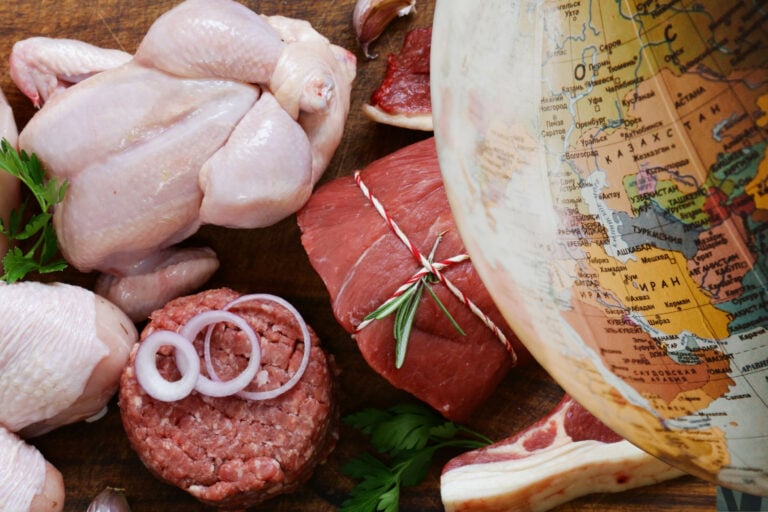
It is expected that over the next 10 years, meat, fish, and dairy consumption will increase by 13%. Photo: Canva.
The Food and Agriculture Organization of the United Nations (FAO) and the Organisation for Economic Co-operation and Development (OECD) have made this forecast in a report on future food production and demand through 2034.
Animal product consumption will increase, particularly in emerging countries with growing prosperity. However, this consumption will remain highest in high-income countries. In the poorest regions, animal product consumption will remain low.
It is expected that over the next 10 years, meat, fish, and dairy consumption will increase by 13%. As with per capita consumption, growth is expected primarily in middle-income countries, where both population and prosperity are rising sharply.
In these countries, half of the growth is attributable to population growth, the other half to increased per capita consumption. In poor countries, per capita consumption will not increase, but total consumption will, as a result of population growth.
Another striking aspect of the analysis is the increasing transport of food. In 10 years, 22% of all calories consumed will be imported from abroad. The need for transport is therefore increasing because production increasingly takes place far from the place of consumption. The report’s authors emphasise that this only increases the importance of international cooperation.
Increased production is partly achieved through increasing productivity per animal and per hectare. New technology, capital investments, and more intensive use of fertilisers and supplementary feed, particularly in mid-sized countries, are seen as the main drivers. However, expansion of agricultural land area is also expected, particularly in Africa and South Asia, where access to modern technology remains limited.
Greenhouse gas emissions from primary agriculture are expected to increase by 6%, less than the growth in production. Emissions per kilogramme of product will decrease. Meanwhile, experts believe that there is room for improvement. If available, low-emission methods are applied, a 15% productivity increase is possible, combined with a 7% reduction in emissions.
(Poultryworld)

(VAN) Coffee prices on July 23, 2025, rebounded globally. Meanwhile, domestic prices rose by VND 1,500, trading around VND 92,600 – VND 93,300/kg.
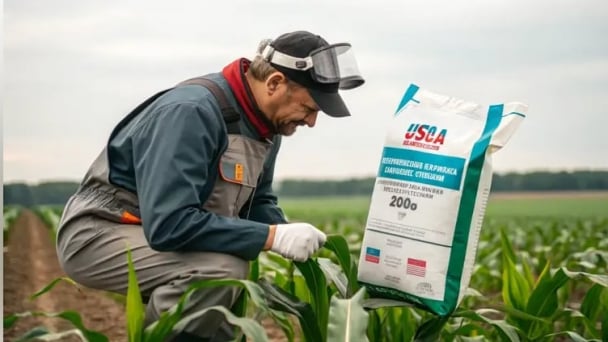
(VAN) Former President Donald Trump’s proposal to implement a 100 percent tariff on Russian imports could significantly impact American farmers through increased fertilizer costs.
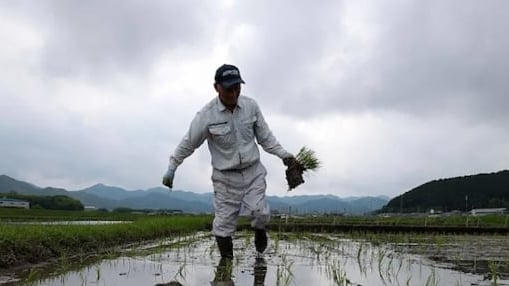
(VAN) Rice prices in Japan soared 99.2 percent in June year-on-year, official data showed Friday, piling further pressure on Prime Minister Shigeru Ishiba ahead of elections this weekend.

(VAN) Coffee prices on July 17, 2025, rebounded globally, Aarbica rising nearly 4%. Domestic prices increased by VND 600, trading at VND 91,700 – VND 92,300/kg.
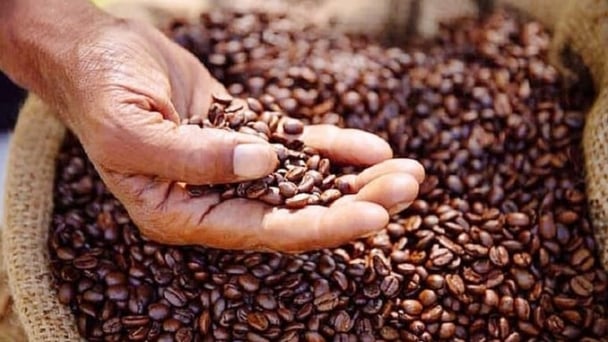
(VAN) Coffee prices on July 15, 2025, rose sharply on the global market, with Robusta alone gaining over 9%. Domestic prices increased by as much as VND 2,500.
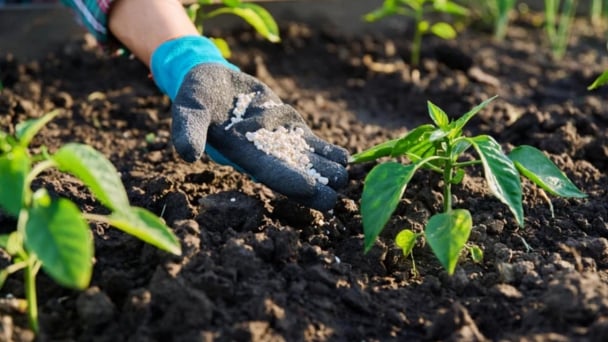
(VAN) Fertilizer prices continued to rise in the second quarter of 2025, with the World Bank’s fertilizer price index up 15 percent since the start of the year.